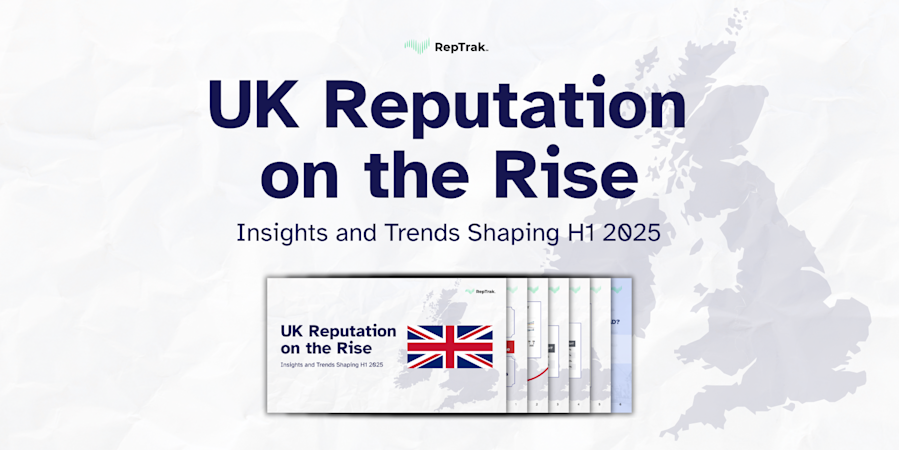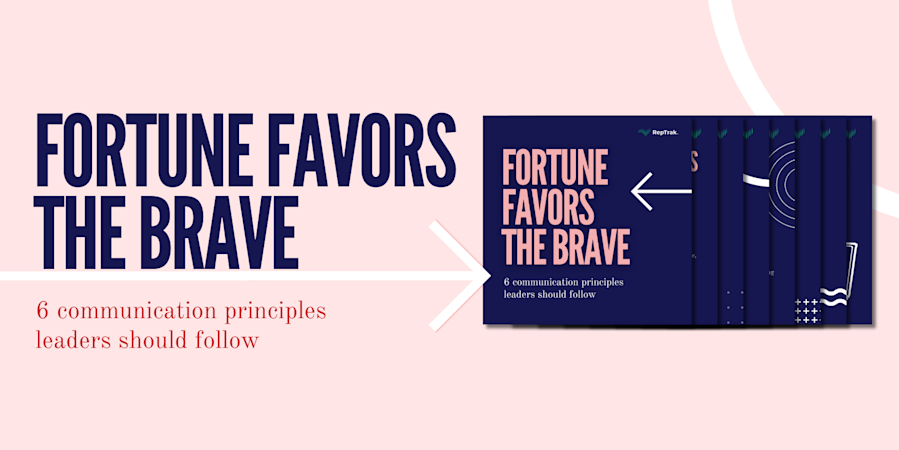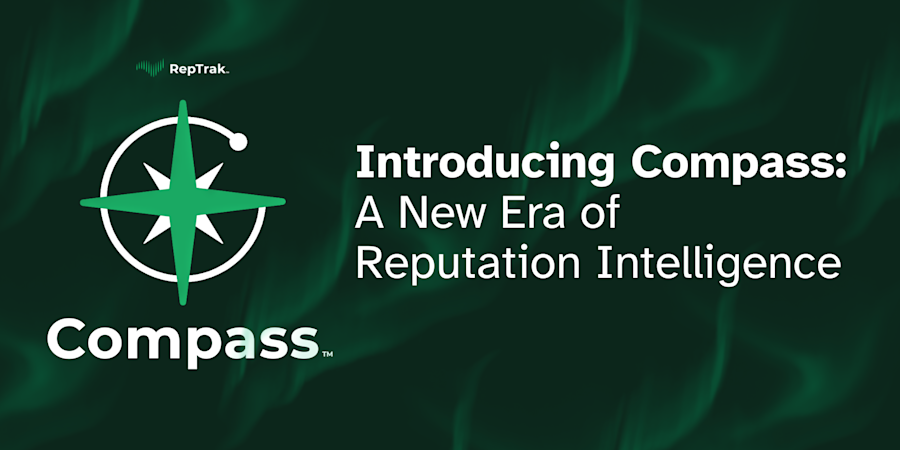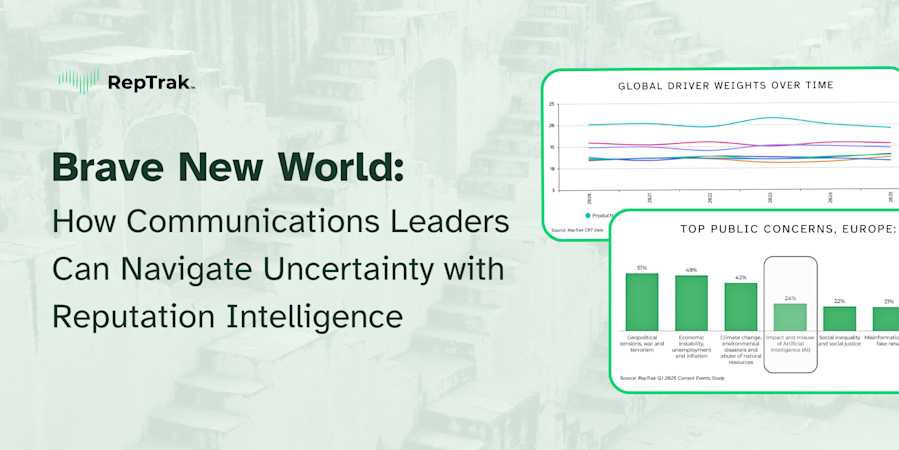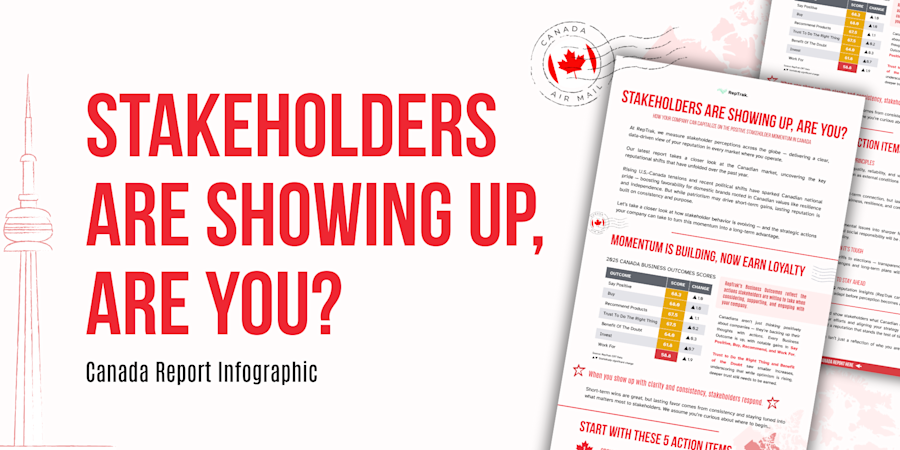Reputation Risk; Workers as a Critical Stakeholder
Blog Post25 Oct, 2021
Big Idea
Food and Beverage employees today put more pressure on companies to recruit and retain workers. During the past three months, workers protested in the United States and the UK to demand equitable pay and fair working hours, stemming from an increased strain borne from the pandemic. This situation comes as companies across industries experience a global labor shortage. Companies face a unique combination of challenges to keep current employees happy, to recruit from a shrinking workforce, and to meet increased consumer demand.
RepTrak Perspective
In this current context, companies must not ignore a critical internal stakeholder – its workforce. Workplace, while contributing less to reputation relative to other Drivers, poses a significant reputation risk. The public does not reward companies for exceeding employee needs but does penalize them when they fail to meet baseline expectations. For the Food and Beverage industry, Workplace saw the largest year-over-year Driver decline of 1.5 points.
Reputation Context
Where does the Food and Beverage industry stand?
The Food and Beverage industry is among the top 10 performers for overall reputation, with a "strong" global Reputation Score of 73.2 in Q3 2021. However, for the Workplace Driver, the industry sits at an "average" score of 69.2. The industry has ground to make up in how the public views its treatment of employees; the Workplace Factor "Rewards employees fairly" decreased two-point in the past year, with an "average" score of 68.6.
Why is this important?
In the past two years, Workplace scores boosted reputation in new ways – Workplace Factors related to equal opportunity, employee appreciation, and well-being experienced the most significant score changes since 2019.
The COVID-19 pandemic rekindled conversations about workers' rights and company labor practices. While the Food and Beverage industry publicly praises its employees as 'essential' workers, they do not have reciprocal feelings. Food companies now experience higher levels of detractors for business outcomes such as "Work for company" (+3.7%-points), "Defend company" (+1.4%-points), and "Recommend company" (+1.3%-points).
What are other companies doing?
In July, Frito-Lay reached an agreement with striking workers after three weeks of protests. The company agreed to increase wages and time off and reduce forced overtime.
Mondelēz International worked with the BCTGM committee to include employee bonuses, increased hourly wages, and more competitive benefits.
Convo Starters
What proactive steps can your company take to address employee benefits post-pandemic?
How would an increase of scrutiny on workplace conditions affect your company's reputation in the long run?
Does your company measure the employee experience as a factor that drives corporate reputation?


